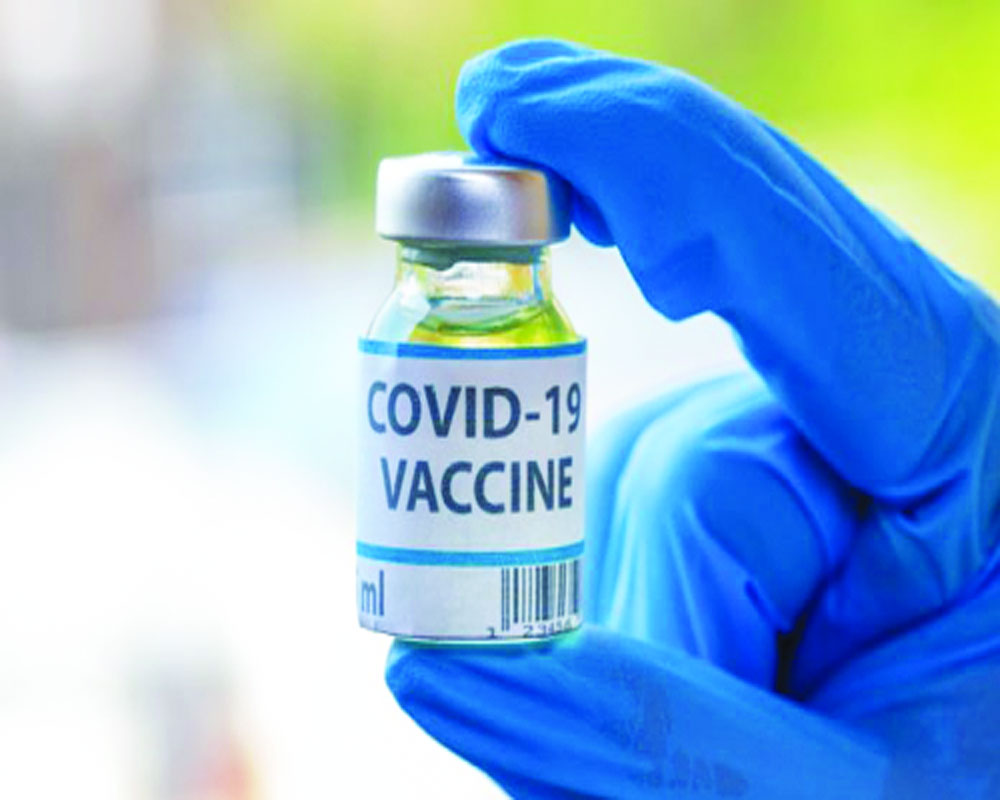To be available by April 2021; every Indian will get vaccinated by 2024
The Oxford AstraZeneca Covid-19 vaccine “Covishield” will be priced at a maximum of Rs 1,000 for two necessary doses for the public by April 2021 and every Indian will get vaccinated by 2024, said Serum Institute of India’s CEO Adar Poonawalla on Friday.
“The vaccine will be available for healthcare workers and elderly people by around February 2021 and for the general public by April,” he said at a media event, even as he asserted that every Indian will get vaccinated, probably by 2024.
“It will probably take two or three years for every Indian to get inoculated, not just because of the supply constraints but because you need the budget, the vaccine, logistics, infrastructure, and then, people should be willing to take the vaccine. So these are the factors that lead up to being able to vaccinate 80-90 per cent of the population. It will be 2024 for everybody, if willing to take a two-dose vaccine, to be vaccinated,” he said.
SII, the world’s largest vaccine manufacturer by volume, and the Indian Council of Medical Research (ICMR), the country’s apex body for biomedical research, last week had announced the completion of the enrolment of participants for phase 3 clinical trials of the Oxford-AstraZeneca vaccine candidate, Covishield, in India.
Talking about its price, the SII CEO said the Central Government will be getting it at a far cheaper price (at around USD 3-4) because it will be buying in bulk. “We are still pricing it far cheaper and more affordable than other vaccines we have in the market today,” Poonawalla added.
He also clarified that children would have to wait a little longer for the vaccine till the safety data is out, but the good news is that Covid-19 is not so bad and serious for them.
Poonawalla said the Oxford vaccine is affordable and safe.
It can be stored at a temperature of two to eight degrees Celsius, which is an ideal temperature for it to be stored in the cold storages of India. He said the SII plans to make about 10 crore doses per month from February.
In an article posted in The Lancet, researchers at the university and pharmaceutical company said their vaccine had been tested on 560 participants; 240 of them were above the age of 70. The vaccine is in Phase II/III of production, meaning the phase that a vaccine candidate enters after it has been found safe and potentially effective among a smaller group of participants and can be expanded to a comparatively larger group.


























